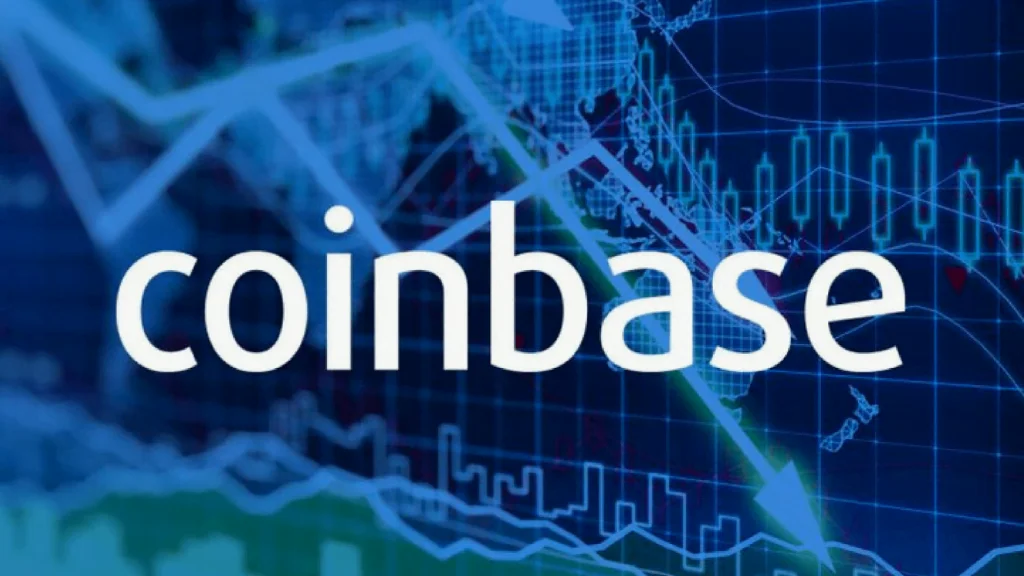Coinbase, a popular cryptocurrency exchange, has recently received a slew of customer care complaints about account lockouts, hacking, missing cash and overall customer experience at the crypto exchange.

Hundreds of users responded to a recent tweet by crypto analyst Kaleo, all sharing anecdotes about their negative experiences with the exchange.
This isn’t the first time the company has been chastised for its customer service procedures. The New York Times reported in March about a consumer who lost over $100,000 on the site and then sued the corporation.
Since 2016, Coinbase users have reportedly submitted more than 11,000 complaints with the Federal Trade Commission and the Consumer Financial Protection Bureau. The majority of these accusations are related to concerns with customer service.
Cointelegraph spoke with two industry experts, Bobby Zagotta, the US CEO of Bitstamps, and Iqbal Gandham, the VP of Transactions at Ledger, about the Coinbase tragedy, a new vision for customer service in crypto, and the disadvantages of centralized exchanges. According to Zagotta, who spoke to Cointelegraph,
“Crypto is experiencing a massive rate of adoption so dramatic that doing customer service right is challenging for everyone. I feel what is happening is that some crypto companies approach customer service like a tech company. What this means, is a lot of MVP products, with automated customer service powered by chatbots. What is missing, is the human element.
Iqbal Gandham, Ledger’s VP of Transactions, discussed the importance of genuinely owning your crypto assets:
“It seems like the term ‘Not your keys, not your crypto’ will never lose resonance. With so many folks entering the crypto space, we can never have enough education on what it means to actually OWN your crypto. The typically crypto journey narrative has remained the same: Coinbase and others serve as crypto on-ramp for many folks, and down the line, some users eventually learn enough to move their assets into hardware wallets.
Coinbase made history in April when it became the first cryptocurrency exchange to list on the Nasdaq Stock Exchange.
The move sparked widespread excitement in the market, promising to be a catalyst for increased awareness from traditional markets and, as a result, technical price increases across a wide range of assets.
Shares of $COIN are presently trading at $260, with a market capitalization of slightly under $68 billion.
Although there has been no meaningful impact on their stock price, this incident has undoubtedly tarnished the public image of a company aiming to be the gold standard for crypto exchanges as we go into the mainstream.
Gandham discussed the advantages of storing your crypto assets in an external hardware wallet such as a Ledger:
“Thanks to the strides the industry has made in mass adoption, we now seem to be entering into a phase where those new to crypto understand their journey should begin with security. Over the recent months, we have seen hacks on exchanges, funds being lost. The best way to prevent this is to take ownership of your crypto. By using a Ledger nano, you ensure that funds can only be sent when you physically sign the transaction.”
Bitstamp has taken the following initiatives to improve its customer service experience, according to Zagotta:
Having access to a real person to help our customers when they need it, is important to us. Our client service team are real people who care about crypto and care about our customers. For example, our average wait time for customer service is only 22 seconds. We’re constantly looking to improve because we believe that a focus on customer experience will drive industry growth and introduce more people to the benefits of crypto.”

